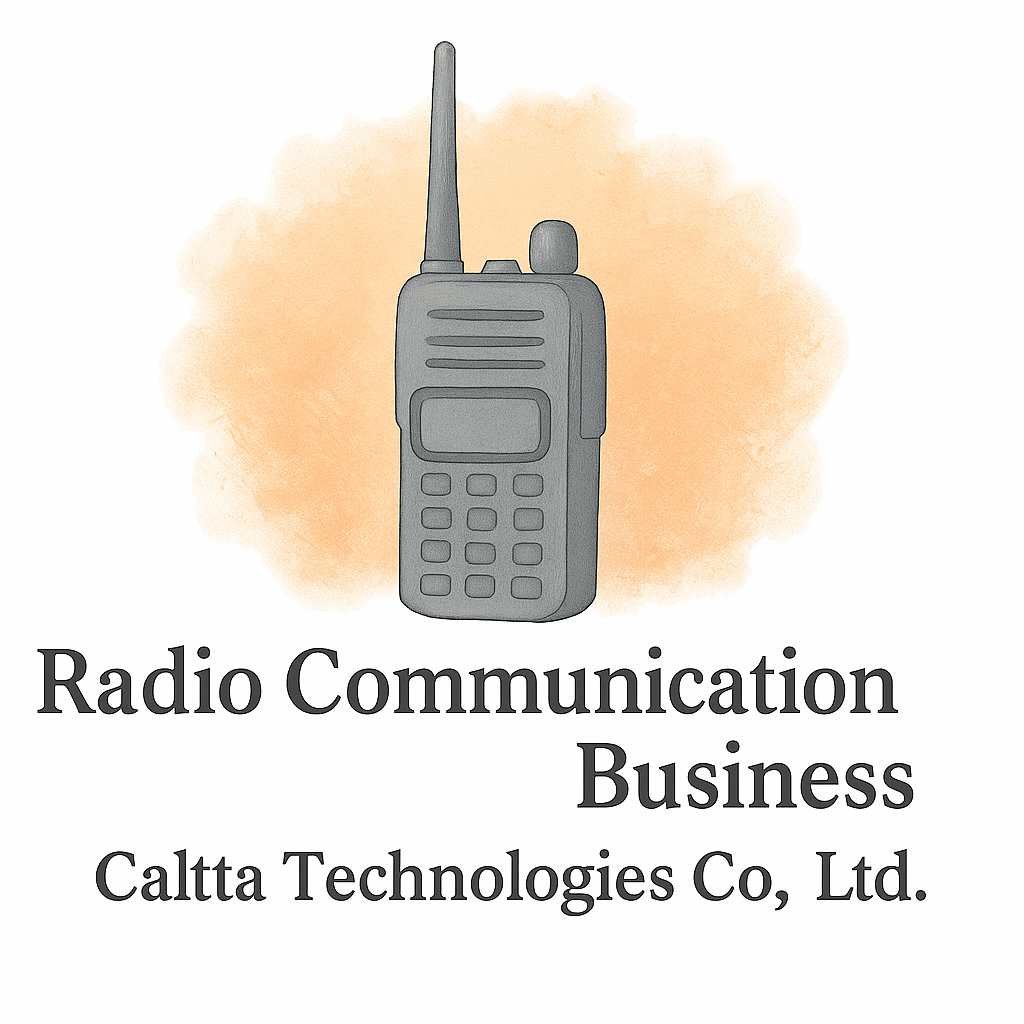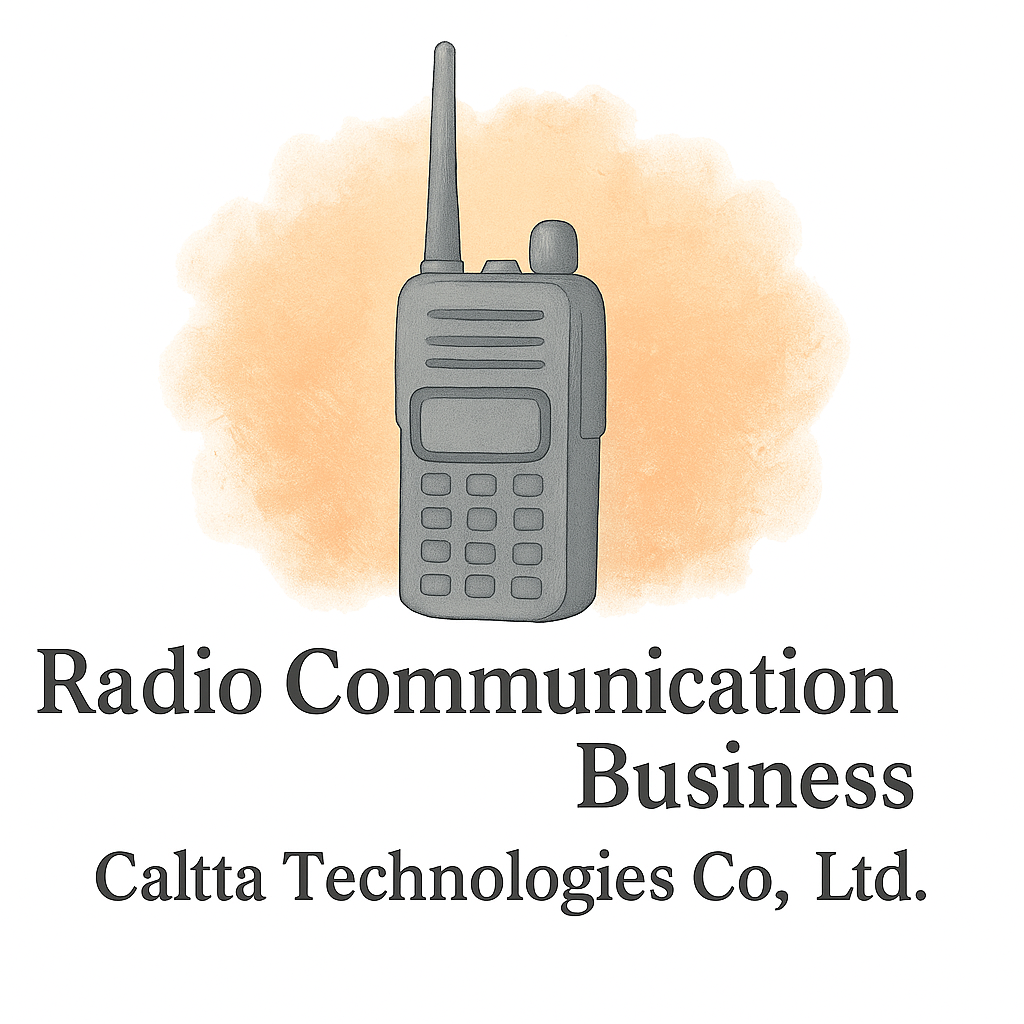Introduction to Radio Communication Business
Radio communication companies are essential players in industries ranging from public safety to construction and events. While the demand for seamless, secure, and reliable communication grows, so does the opportunity for radio communication companies to explore multiple income sources. Relying on a single service model is a thing of the past. To truly thrive in a competitive market, companies must understand and tap into diversified revenue streams.
Why Diversifying Revenue is Crucial
Think of your revenue like a relay tower — the more signals it can send and receive, the more powerful your communication business becomes. Relying on just equipment sales or one-time contracts isn’t enough anymore. The smartest radio communication businesses are building layered income sources to ensure long-term growth and resilience.
1. Equipment Sales
Understanding Equipment Demand
Customers still need the basics: radios, antennas, repeaters, and accessories. But today’s buyers are smarter and more tech-savvy than ever. They want high-quality gear that lasts and supports digital enhancements.
Key Products to Offer
- Two-way radios
- Digital mobile radios (DMR)
- Radio repeaters and antennas
- GPS-enabled communication gear
Focus on cutting-edge options and consider bundling packages for higher margins. You can explore more technology trends in our equipment & technology section.
2. Equipment Rental
When Customers Prefer Renting
Temporary projects, one-time events, and short-term contracts are gold mines for rentals. Companies often prefer to rent rather than buy — especially for concerts, festivals, or construction sites.
Pricing Strategies That Work
Offer daily, weekly, and monthly pricing tiers. Include optional insurance and support add-ons to increase the deal’s value. You can even upsell during industry events.
3. Maintenance and Repair Services
Building Trust Through Support
Nothing keeps customers loyal like excellent service. Offering regular maintenance or emergency repair services not only builds trust but brings recurring income.
Long-Term Contracts for Repairs
Create maintenance plans where clients pay a monthly fee for ongoing support. This can be marketed under a subscription model to encourage commitment. See more cost-saving strategies.

4. Licensing and Regulatory Consulting
Helping Clients Stay Compliant
Radio communication often involves strict local and federal regulations. Helping clients navigate licensing and compliance is a service they’re willing to pay for. Becoming their go-to advisor on regulatory matters creates a whole new income stream.
5. Custom System Design
Tailored Solutions for Enterprises
Hospitals, airports, and security companies often need customized systems. Offer end-to-end planning and integration for networks, including radio towers, IP-based systems, and fail-safes.
6. Training and Certification Programs
Educating the Industry
Host workshops or online courses on radio communication, safety, and compliance. You can target industries like transportation, logistics, and security. Upskilling their staff not only benefits them — it boosts your authority.
List your offerings on your business startup page to capture new entrepreneurs.
7. Event and Conference Support
On-Site Communication Solutions
From sporting events to corporate retreats, offer packages including radios, tech support, and event-specific setup. This can be marketed under networking or conference support.
8. Software and Technology Add-ons
Value-Added Services and Apps
Modern radio communication isn’t just about hardware anymore. Consider offering software like tracking apps, mobile extensions, or integration with other devices.
Explore technology tools that enhance voice communication with digital capability.
9. Affiliate and Referral Programs
Building a Partner Ecosystem
Create affiliate deals with event planners, security firms, or IT providers. Offer commissions for referrals. This model costs little to launch but can grow fast through strategic partnerships.
Leverage our marketing & branding guide for more promotional strategies.
10. Subscription-Based Monitoring Services
Recurring Revenue Models
Sell monthly monitoring for signal health, interference issues, or downtime alerts. Package this with cloud logging and analytics. Customers love proactive support — and you’ll love recurring income.
Check out our financial planning resources for sustainable business models.
Maximizing Visibility and Branding
Using Marketing Tools Effectively
Don’t just rely on word of mouth. Tap into SEO, social media, and promotion tactics. Use social media, blog posts, and how-to guides to position yourself as a thought leader.
If you want to avoid the top marketing mistakes, keep your message clear, visual, and focused on benefits.
Conclusion
Diversifying your revenue as a radio communication company isn’t just a smart move — it’s essential. From hardware sales and rental to digital add-ons and consulting, there are countless ways to scale your income. Use this guide to audit your current offerings and identify where you can grow. As the industry evolves, so should your business.
Looking for more strategies? Dive deeper into industry insights to stay ahead of the curve.
FAQs
1. What is the most profitable revenue stream for radio communication companies? Recurring models like maintenance contracts and subscription-based monitoring often provide the highest margins.
2. Can small companies offer all ten revenue streams? Not at once — but they can scale gradually. Start with rentals and maintenance, then expand.
3. How do I market my services to event planners? Use online networking groups, event-specific hashtags, and affiliate deals. Also, highlight your event support experience.
4. Is offering software difficult for hardware-focused businesses? Not necessarily. Partnering with a tech developer or using white-labeled apps is a great starting point.
5. Are training programs worth the effort? Absolutely. They build brand trust, establish authority, and can be monetized as digital products.
6. How do I manage compliance for my clients? Stay updated on local laws and subscribe to compliance insights and regulation tips.
7. What’s the best way to avoid common business setup mistakes? Use our startup guide and follow expert tips to avoid early pitfalls.


